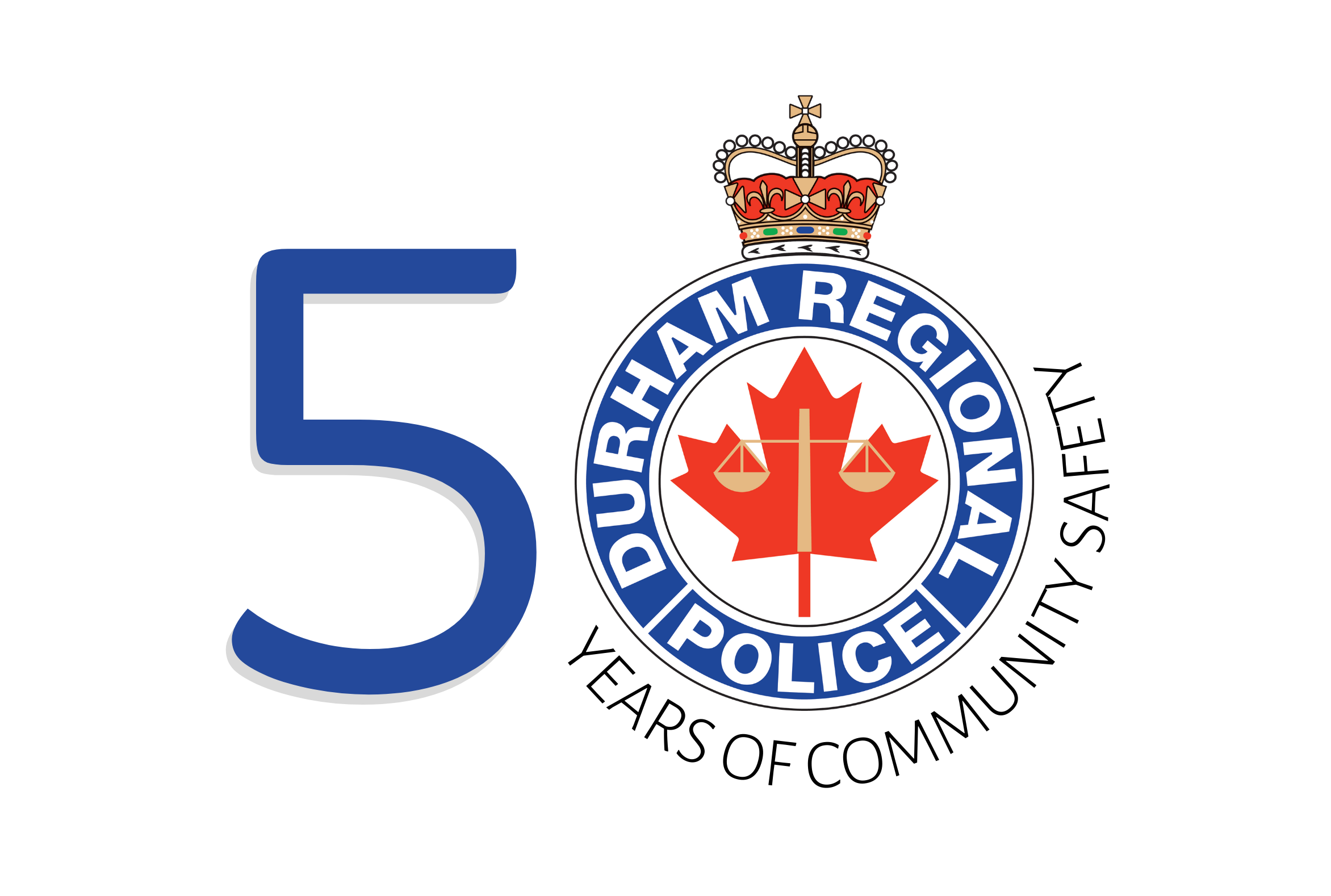Human Trafficking Awareness Day

Today, February 22, 2024 is Human Trafficking Awareness Day.
In 2023, DRPS’ Human Trafficking (HT) Unit investigated 289 incidents that involved elements of human trafficking. Of these incidents, 235 individuals (120 under 18 years of age) were assisted/provided services, either due to their involvement in human trafficking or their risk of becoming involved in human trafficking-related activity. As a result of these investigations, 138 charges were laid, and 81 accused/people of interest were identified. Compared to 2022, this represents a four per cent increase in investigations and a four per cent increase in victims.
To raise awareness about human trafficking, the DRPS HT Unit is hosting a pop-up information Booth at The Oshawa Centre today - Thursday, February 22, 2024 from 10am - 8pm and Friday February 23, 2024 from 10am-6pm. The booth is located near Urban Planet.
What is Human Trafficking?
Trafficking is the control and use of threats or violence to exploit another for financial gain.
- can include psychological manipulation, emotional abuse, lies, threats, violence and isolation
- holding and controlling someone’s money and/or ID
- forcing, coercing, pressuring someone to have sex for money
- sometimes human trafficking is confused with smuggling or kidnapping, but no movement is necessary for human trafficking to occur
How Does it Happen?
Victims are typically coerced by someone they perceive as an intimate partner or friend. At the first stage of a typical trafficking situation, the trafficker identifies the victim. The trafficker can be a boyfriend, recruitment agent, family member or any trustworthy person. In the second stage, the trafficker establishes a relationship of trust with the victim – e.g. through buying them gifts or paying special attention to them. The trafficker then learns about the victim’s vulnerabilities and preys on these vulnerabilities in the third stage. At this point, the trafficker brings the victim under their control. The victims are often unable to escape from the grip of the trafficker who uses force, sexual assault, and/or threats of violence against them. Finally, the victim is continuously exploited and made to undergo physical, sexual, and emotional abuse.
Who is at Risk?
- Most people who are trafficked for sex are women and girls, but boys, men and people who identify as LGBTQ2S+ are also targeted.
- The age of recruitment is as low as 12 or 13.
- Unsheltered and marginalized youth are targeted by sex traffickers.
- Youth who struggle with low self-esteem, bullying, discrimination, poverty, abuse, isolation and other social or family issues may be targeted.
- Indigenous women and girls are especially likely to be trafficked.
- Addiction, mental health issues and developmental disabilities are also risk factors.
Warning Signs
Signs for parents and caregivers to look for can include the following:
- Spending an extreme amount of time on the Internet
- Hiding their screen when someone enters the room
- Appearing scared, secretive, or agitated when answering a cell phone
- Vague talk of a new friend, but offering no further information
- An older boyfriend/girlfriend
- Being secretive about their boyfriend/girlfriend
- The boyfriend or girlfriend seems ‘controlling’ of the youths’ decisions
- New things they can’t afford (ex. new bag, hair styles, manicures/pedicures, clothes)
- No longer seeing previous friends
Victim Services of Durham Region is hosting a virtual seminar on human trafficking on February 29. 2024. For more information and to register click here
Resources
Durham Region Human Trafficking Coalition - stopht.com
Durham Regional Police Service Human Trafficking Hotline – 905-579-1520 ext 4888
Victim Services of Durham Region
If you suspect a youth is being trafficked or if you have concerns about how to reduce the risk of human trafficking, please call 905 721 4226
Canadian Human Trafficking Hotline – 1-833-900-1010
A confidential, multilingual service, operating 24/7 to connect victims and survivors with social services, law enforcement, and emergency services, as well as receive tips from the public.
